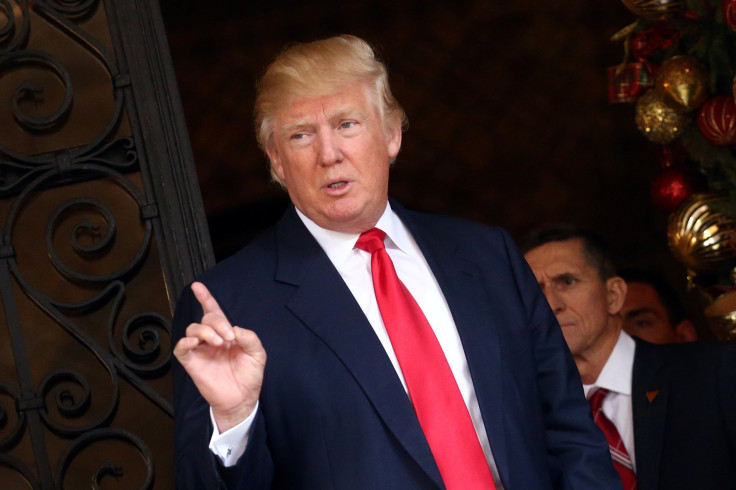Large businesses push back against Trump’s climate change, immigration policies

CEOs of some of the world's biggest companies fight back against the policies of US President Donald Trump, claiming they’re un-American and bad for business. Business leaders are specifically against the president’s takes on climate change and immigration, which both have prompted major public outcry.
General Electric CEO Jeff Immelt was among those who condemned Trump's climate policy. He reportedly said Trump's executive order to start rolling back Obama-era fossil-fuel regulations does not alter what the company stands for- that climate change is real and has to be addressed on a global basis.
Last week, Deere CEO Samuel Allen told CNBC that "any form of protectionism or nationalism," which the POTUS has advocated is not beneficial to their company. ExxonMobil has urged the White House not to ditch Paris climate accords, a multinational deal from which the new administration reportedly considers to withdraw.
Meanwhile, Apple, Google-parent Alphabet and Facebook slammed Trump's original executive order that bans seven Muslim-majority countries. Coca-Cola Co. CEO Muhtar Kent had also expressed disapproval against the travel ban while Starbucks Corp. said it will hire 10,000 refugees over the next five years.
Goldman Sachs Group Inc. also pushed back against the president’s policies. Meanwhile, some companies, such as Uber, offered assistance to employees affected by the travel ban. The company's CEO, Travis Kalanick, is part of Trump's economic advisory group.
Darrell West, vice president and director of governance studies at the Brookings Institution, said the POTUS altered the thought process for businesses due to the amount of backlash his policies face. He noted that there have been boycotts for company executives that get too close to the president.
West added that it becomes easier to publicly push back on a commander-in-chief when he has poor approval rating. Based on a Gallup poll, Trump had 35 percent approval rating last week after Republicans' failed effort to repeal and replace the Affordable Care Act, more popularly known as Obamacare.
West’s claim was backed up by Michael Cohen, interim director of the political management program at George Washington University. "With his approval rating, he's not exactly going to scare anybody in the business community,” CNBC quotes him.
Cohen added that Trump’s tweets are not proven damaging to the reputation of a business. For example, since he tweeted at Boeing on Dec. 6 criticizing the price of its Air Force One contract with the government, the company’s shares rose about 17 percent.
Video Source: YouTube/CBS This Morning





















